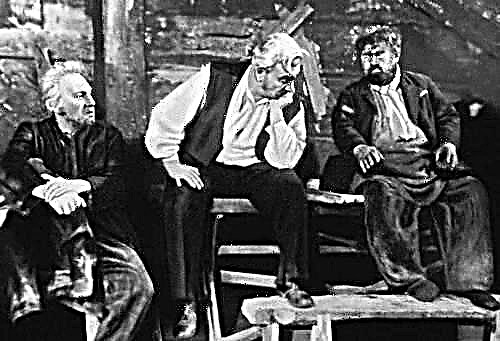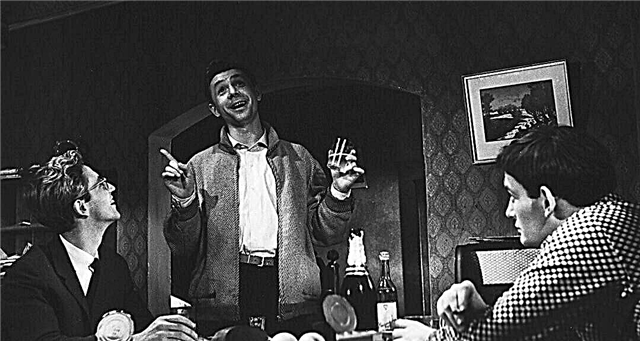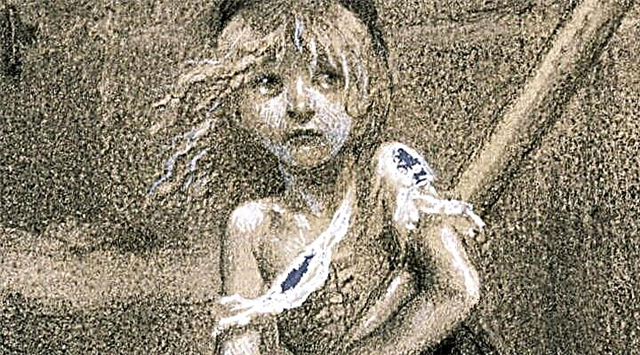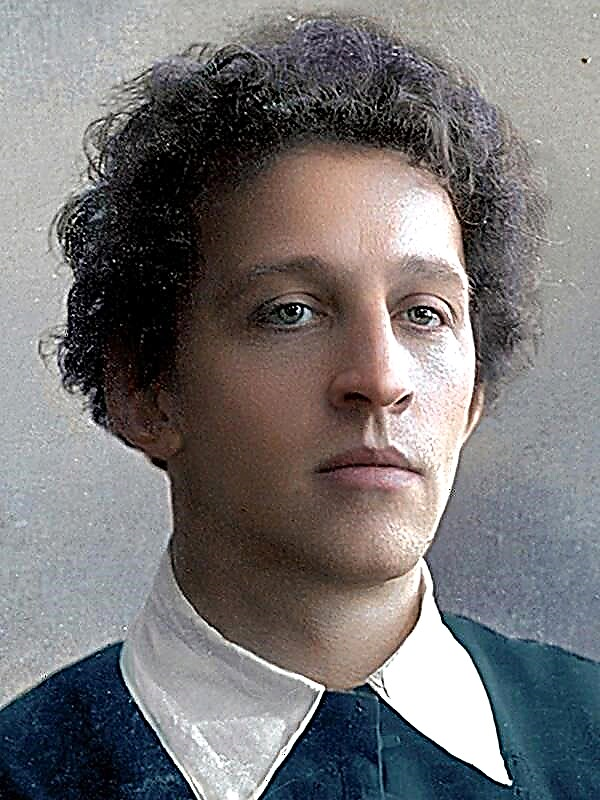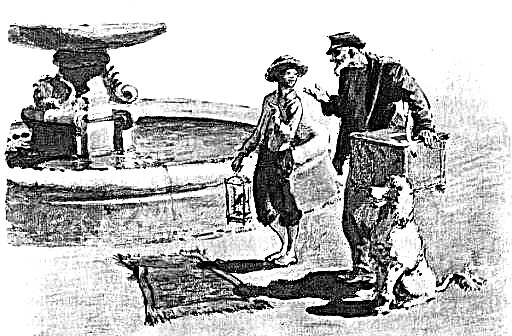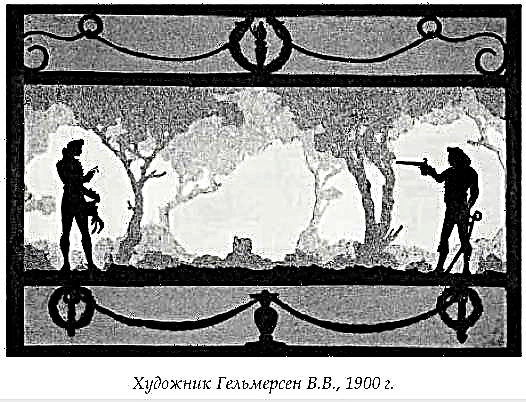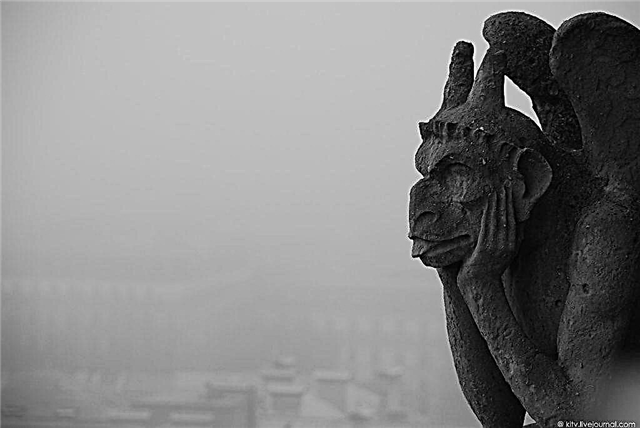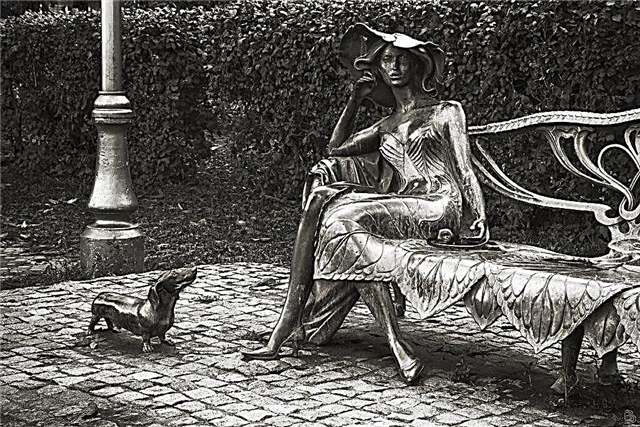Girls and boys have different preferences in literature, so we decided to write two versions of an essay on the work of A. Blok. One of them characterizes the author’s love lyrics, and the second describes the poet’s civil lyrics.
For boys
(314 words) Alexander Blok is one of the most talented poets of the Silver Age. The themes of patriotism, revolution, spiritual love for a beautiful lady, longing and hopelessness, hope and strength, sin in a human soul are touched on in his work. My favorite work of the symbolist poet is the poem The Twelve.
Blok considered the poem "Twelve" the main work. Initially, the poet was optimistic about the 1917 coup. The work describes how, during curfew, twelve Red Army men circumvent the streets and terrify the townsfolk, arranging reprisals.
At Blok, all creativity is built on images. The Twelve begins with the image of the wind, which symbolizes the departure of the old world for the advent of a new, purification. The past appears before the readers in the images: “mistresses on guard”, and an old woman who looks like a chicken. We also encounter a bourgeois and a scoundrel dog, which are identical in essence. The new world is embodied in the twelve Red Army soldiers, which are comparable to the twelve apostles of the new faith. They are people with a dark past, the phrase: “Ace of diamonds should be on your back” makes you think about it. Previously, such a sign indicated a person who committed a crime. It can be concluded that men with an unhappy, warped fate, are trying to find a bright happy future. Unfortunately, the new world is saturated with black hatred due to social inequality of past years. The narrator, however, considers the anger to be sad, because at least something cannot be changed. Revenge sweeps everything in its path, and this is natural.
The conflict arises between the girl Katya and the Red Army soldier Petya. She went for a walk with the junker, then with the soldier, and all this because it was necessary to somehow earn a living. But the man, because of intense jealousy, killed Katya, who symbolizes old Russia, which out of need was a slave to the masters and the military. A man has crossed the border, now the road of atrocities is open. Katya - connecting the thread of the old world with the new, but the hero cuts off this thin rope as well.
The poet raises many questions for readers. Is there a bright future for those who have “freedom without a cross”, who boldly go “without a holy name”? At the end of the poem appears a terrible, but fair judge - Jesus Christ. It is not known what his sentence will be: bless the revolution or curse.
For girls
(271 words) For the people, Alexander Blok was the number one poet of the Silver Age. Everyone listened to his beautiful, melodic, piercing soul poems, holding their breath, subconsciously taking their skeletons out of the closet. The poet possessed the gift of speech; his fame was deservedly limitless. The death of an outstanding person was a huge loss and tragedy for people, because not just Blok left, but an entire era, called the “Silver Age”, slowly slipped away.
After almost a hundred years, many love and remember his sonorous poems: "The Stranger", "Night, Street, Lantern, Pharmacy", "Russia", etc. Personally, Alexander Blok attracted me with the pure soul of a child and a wonderful rare ability to love a beautiful lady spiritually, rather than offend her with a dirty-carnal desire. In the modern world you will not find such pure love, like a gem, in the daytime with fire. In the poet's work, deifying love left a mark. It is interestingly described in my favorite poem, “The Girl from Spoleto”.
Love in the work of Blok is not based on bitter calculation and not on carnal burning passion, but on the spiritual deification of the image of the girl - the Virgin Mary. It is no accident that the author equates a woman with shrines, compares her camp with church candles and calls her a truly pure and important biblical name - the Virgin Mary. There is no struggle between holiness and vice. The lyrical hero is even scared to imagine that he can defame a fair girl. The character believes that his affection is rude, and this can offend, offend the lady chosen by her heart. He is trying to enjoy the small. He is glad that a beloved was born into the world. And the ability to watch her from afar is a big reward. Also, the hero is not characterized by selfish love. It does not require reciprocity, happiness, reward. His feelings are a victim, because for the sake of a companion, the lover will go to any feats.
I do not want to think that such fabulously beautiful feelings are only in the volume of verses by Blok.

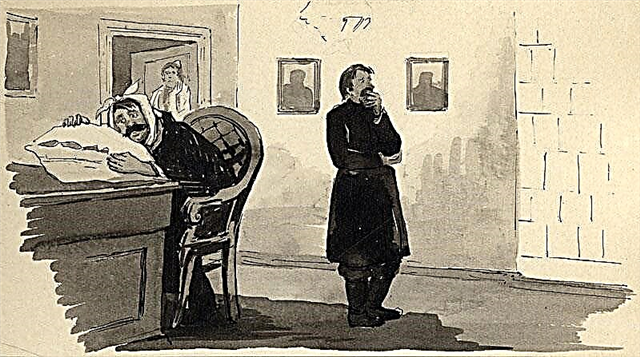
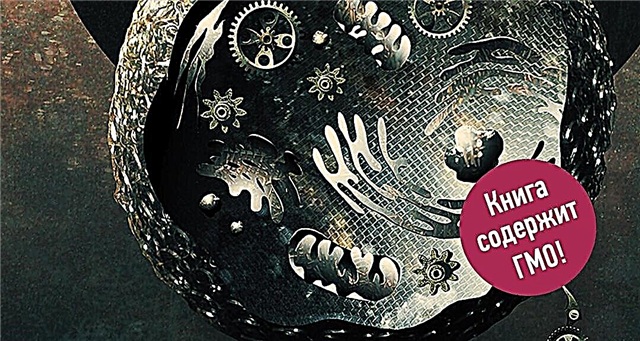 Biotechnology Sum
Biotechnology Sum Aniara
Aniara